How Long Does Ciprofloxacin Stay in Your System
 Jena
|
Jena
|
 05 Nov 2025
05 Nov 2025
When people are prescribed Ciprofloxacin, commonly referred to as Cipro, they typically just want to feel better quickly. It is one of those antibiotics that has been around for a while and is trusted by doctors because it works so well for numerous infections. But after you've taken it, you might start to wonder-how long does this medicine actually stay inside the body? Maybe you're still feeling a bit off, or maybe you just want to know when it's safe to have that drink again. Either way, it is something most patients ask sooner or later.
At Sanford Pharmacy, we get this question a lot. People come in finishing their last dose of Cipro for a UTI or sinus infection and ask, "How long till it's out of me?" And the truth is, it does not hang around that long, but it depends on your body and kidneys, and there are a few small details that make a difference.
What Ciprofloxacin Really Is
Ciprofloxacin is part of a powerful class of antibiotics called fluoroquinolones. They're used when other antibiotics just don't do the job. Doctors usually prescribe it for things like urinary tract infections, sinus infections, skin infections, or even digestive infections caused by stubborn bacteria.
It's available under brand names such as Cipro, Ciprobay, and Proquin XR, and you'll find it in tablets-usually Ciprofloxacin 500mg, also 250mg versions, sometimes liquid suspensions, or injections for hospitals. Sanford Pharmacy keeps them all, and the pharmacists make sure people know exactly how to use them right, since this isn't the kind of medicine you take casually.
How Ciprofloxacin Works Inside You
Now, how Cipro works is sort of interesting. Instead of attacking the wall of the bacteria, as is the case with penicillin, it targets something a bit more vital: their DNA. It blocks an enzyme that the bacteria need to make new DNA strands, which basically means they can't multiply anymore. When bacteria stop reproducing, the infection fades and dies out over time.
That is also why Ciprofloxacin for UTI or respiratory infections is so effective; it reaches bacteria deep in tissues that another antibiotic might not. But because it's powerful, your body also works harder to process and clear it.
When It Starts Working and How It's Absorbed
Once you swallow a tablet, it doesn't waste much time. In about one or two hours, Ciprofloxacin starts to get absorbed into your blood. You might not feel the instant relief-that usually comes after a day or two-but inside, it's fighting the infection.
Still, something that impacts the way it works is what's inside the stomach. If a person has taken lots of calcium-containing foods, such as milk or cheese, or any antacids and iron supplements, Cipro just doesn't get absorbed that well. It will latch onto those minerals and won't be fully in your system. So what pharmacists at Sanford Pharmacy say very often is: take it with plain water, not juice or milk, and preferably an hour before or two hours after eating heavy food.
Understanding Half-Life
Let's keep this simple. A drug's half-life is pretty much how long it takes for half of the drug to leave your body. This is roughly 4 to 6 hours in a healthy adult when using Ciprofloxacin. That doesn't mean it's all gone after 6 hours; rather, your body needs several rounds of that process.
By the time you reach about 22 to 30 hours, most of the drug is out of your system. For most healthy people, that's just about a day or maybe two after your last dose. However, it's not the same for everyone.
How Long Ciprofloxacin Actually Stays
For the average adult with good kidney function, Ciprofloxacin would clear in about 24 to 48 hours. Some traces may stay longer - especially if you were on higher doses or took it for several days.
If your kidneys work slower, though, that is where it changes. In elderly patients or those with kidney problems, for example, it could be two or three days or even more before the body fully clears it. The ciprofloxacin dosage for adults with such considerations in mind so that the levels do not build up too high.
And this is why one person can feel "normal" again the next day while another still feels a little dizzy or tired; their system's just taking longer to process it.
What Affects How Long It Stays
Several things play a role here.
Your age, your hydration, even how well you sleep or how much you eat.
If your kidneys or liver aren't at full strength, then it delays clearance. If you are dehydrated, the ciprofloxacin elimination time also slows down, as water mediates its excretion through urine. And of course, ciprofloxacin 500mg for UTI or higher doses takes a bit longer to leave than small ones.
Genetics, lifestyle, diet-most of it counts. Metabolism's another thing: Some people just simply process medicines faster.
Ciprofloxacin in Children and Geriatric Patients
In younger people, it usually clears a bit faster, although it's not prescribed often unless it's absolutely necessary. The opposite happens in elderly patients: their bodies take longer to filter out drugs if they are on any medications.
An individual with impaired renal function can have ciprofloxacin renal clearance time twice as long as usual; this is why doctors often check on kidney health prior to commencing antibiotics such as this one.
What Can Delay Clearance
A few things can interfere with how fast your body eliminates Ciprofloxacin.
Taking it with antacids, or with supplements containing calcium, magnesium, zinc or iron, can slow down absorption. So can some painkillers or anti-inflammatory medicines like ibuprofen.
And while it's not a direct clash, mixing Cipro and alcohol isn't smart. Alcohol doesn't cancel it out, but it can make side effects worse-dizziness, nausea, that drained feeling-and it puts extra work on your liver while your body's already processing the antibiotic.
Side Effects That Linger
Some side effects may hang around for a little while even when Ciprofloxacin has left your system. That doesn't always mean something's wrong; that's just your body balancing itself again.
You might feel a little tired, slightly nauseous, or have mild headaches for a couple of days. Sometimes, sleep gets weird, too-lighter or broken rest. Those are pretty common.
But if you feel pain in the tendons, especially around the heel or wrists, or any numbness or tingling, that is not normal. Those are some rare but serious ciprofloxacin side effects; moreover, they can appear even after finishing your course. Call your doctor right away if that happens.
Helping Your Body Recover After Ciprofloxacin
The best way to help your system recover and clear out the last bits is simple:
Drink plenty of water. It’s the easiest way to speed up the ciprofloxacin urine excretion time.
Avoid caffeine and alcohol for a couple of days following completion.
Eat light, easy foods — your stomach might still be sensitive.
Rest properly. Antibiotics work hard in your system; they leave you a little drained.
You also can support your body by adding yogurt or probiotics later, since antibiotics like Ciprofloxacin can upset your gut bacteria.
When to Call the Doctor
If, after finishing your cipro dose for UTI-3 days, or longer treatment, you still have symptoms, then don't just wait it out. Sometimes bacteria survive the first course or are resistant, so you may need a different antibiotic.
Also, if you find joint pain, tingling, or any allergic reaction — even after you've stopped — that's reason enough to check back with your doctor or a Sanford Pharmacy pharmacist.
Sanford Pharmacy Guidance
At Sanford Pharmacy, we help people to understand antibiotics beyond what is written on the label. Our pharmacists take the time to explain how to take ciprofloxacin, how to avoid side effects, and what to do if you are not feeling right after treatment. Please check out sanfordpharmacy.com refill your prescription, understand side effects, or schedule a quick chat with a pharmacist for personal advice.
It's all in how to make antibiotics safer and easier to handle for everyone. Wrapping It Up So, when people ask "When is Ciprofloxacin out of your system?", the answer is usually a day or two, sometimes longer if your body is taking its time. Most of that leaves via urine, so that is why it is also very important to keep yourself hydrated.
But even after the medicine is gone, it may take a little time for your body to rebalance. Rest, drink water, eat light, and if anything feels off, reach out for advice. When used properly, and with the guidance of experts at places like Sanford Pharmacy, Ciprofloxacin remains very effective and safe for the elimination of bacterial infections.
Categories

How Long Does It Take for Allegra to Work?
 Desirae
Desirae
.png)
How Long Does Amoxicillin Take to Work?
 Meaghan
Meaghan

How to Use Clindamycin Phosphate Gel?
 Curtis
Curtis
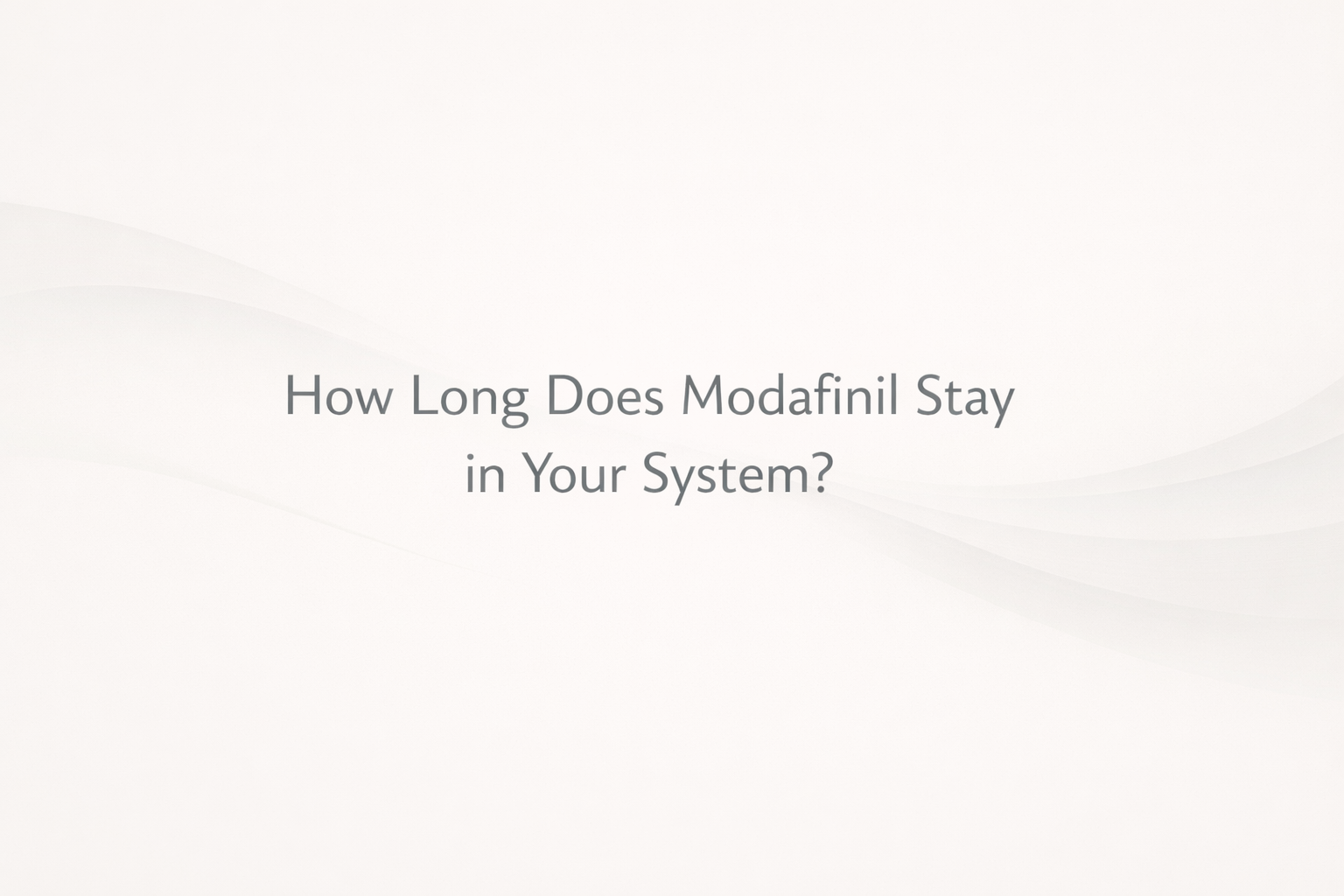
How Long Modafinil Stays in Your System?
 Karsyn
Karsyn
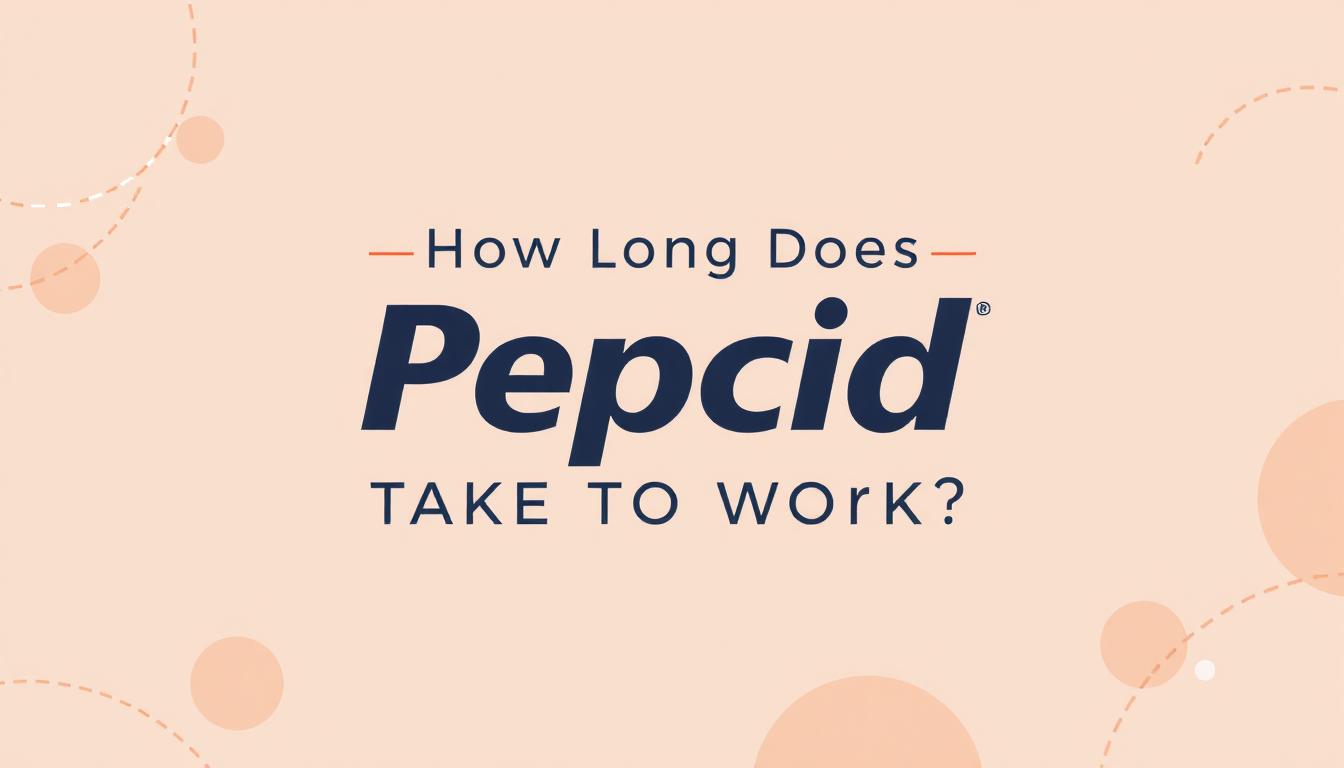
How Long Does Pepcid Take to Work?
 Earl
Earl

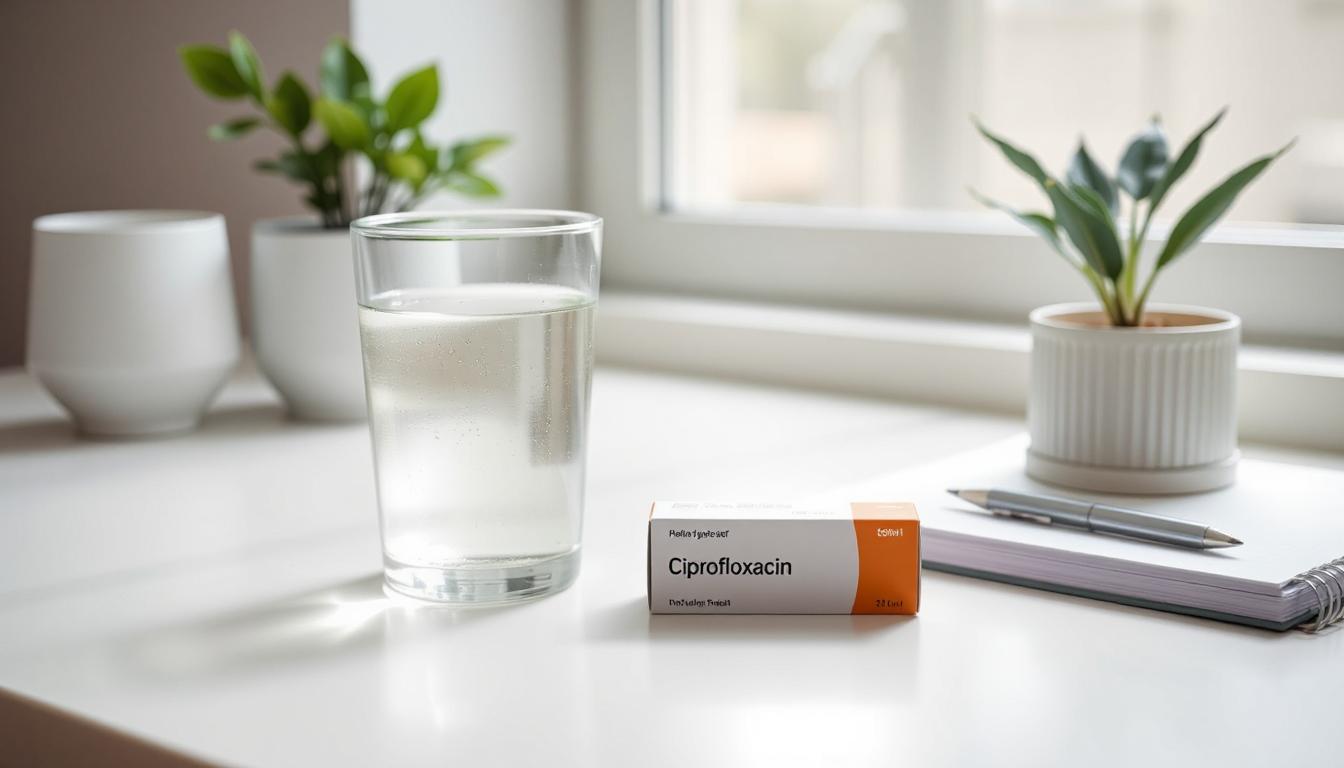
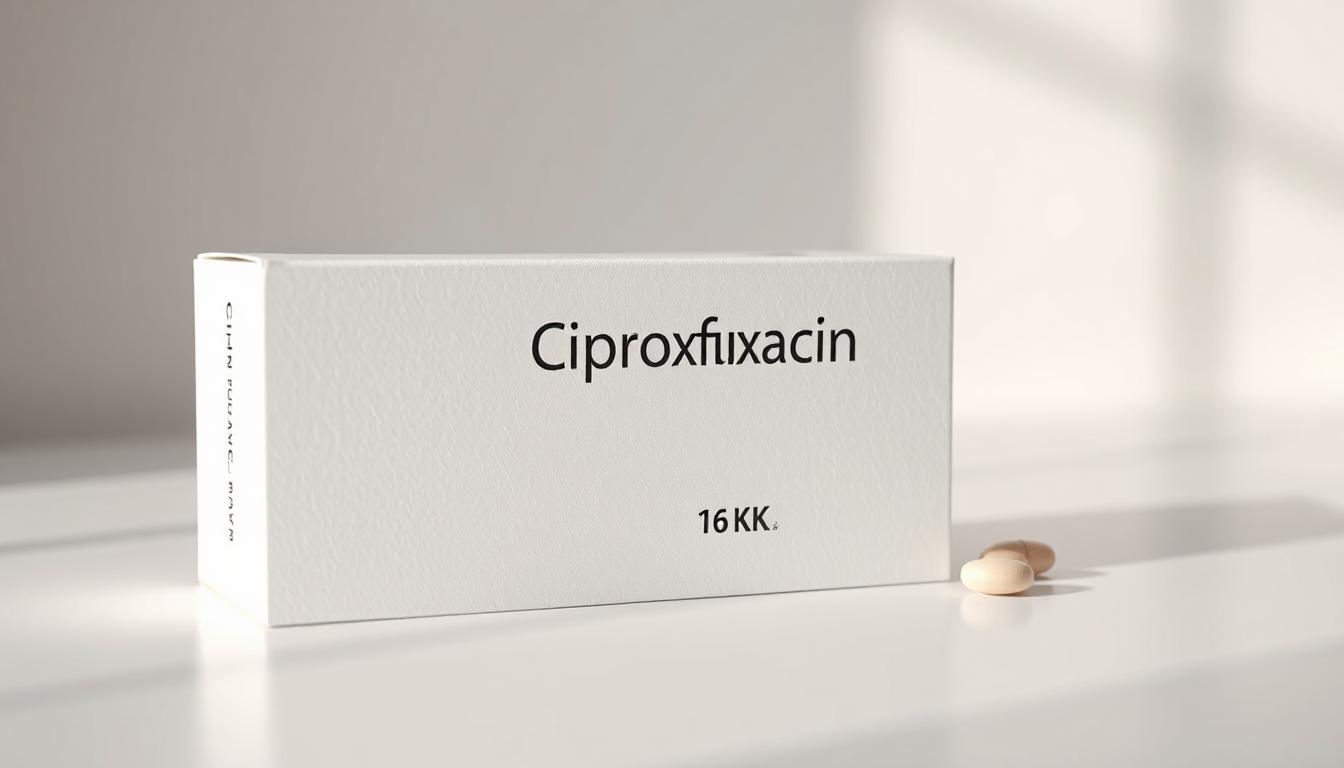
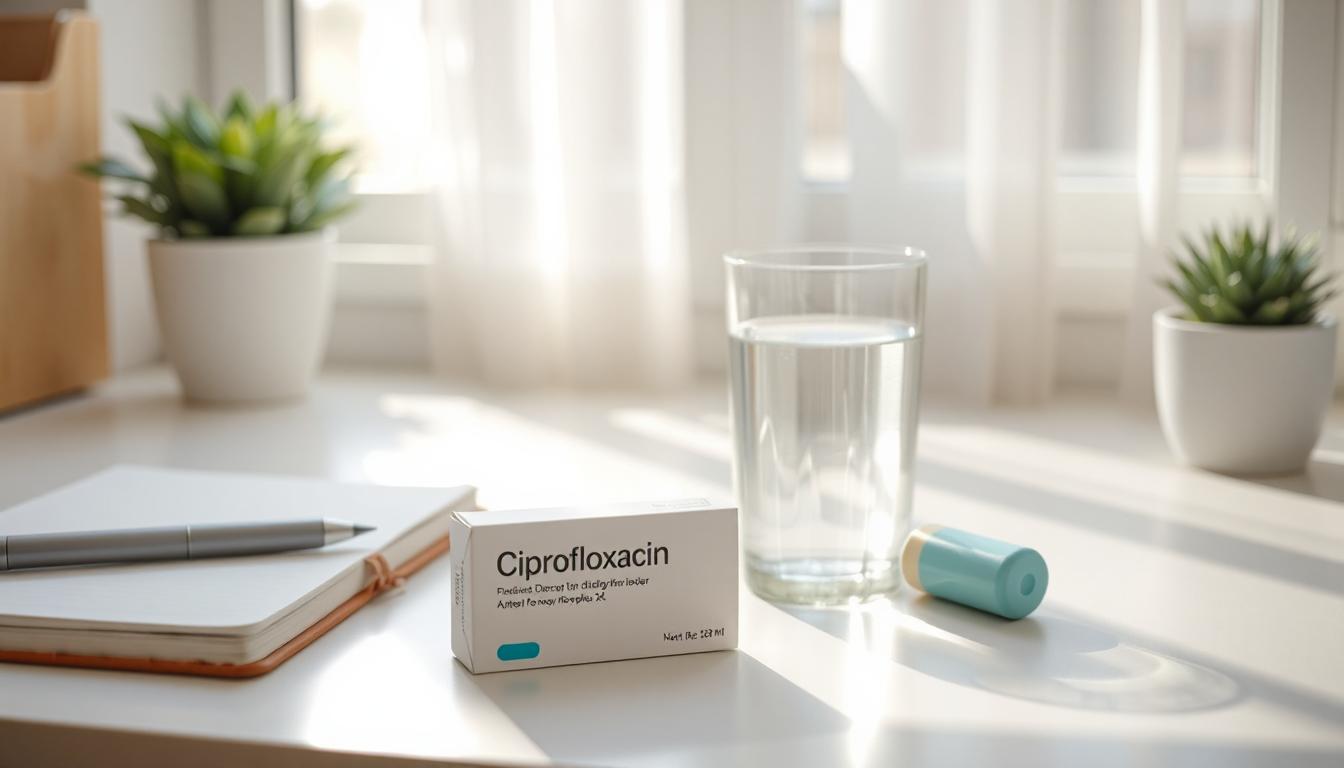








.webp)
.webp)
-(2).webp)
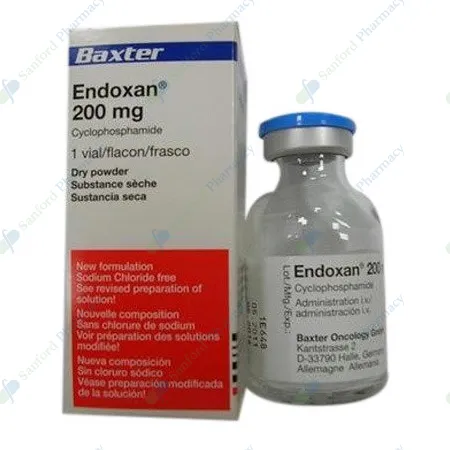
.webp)